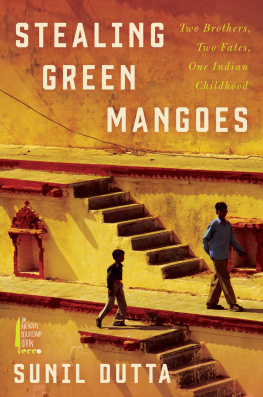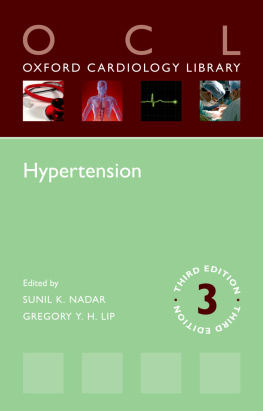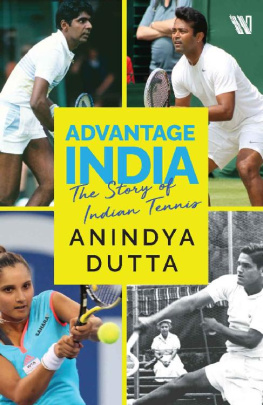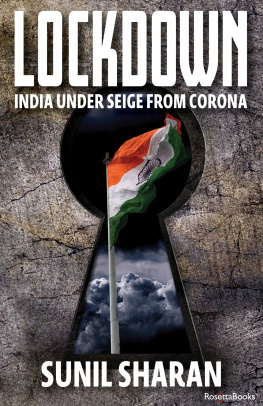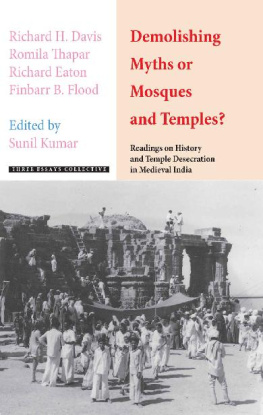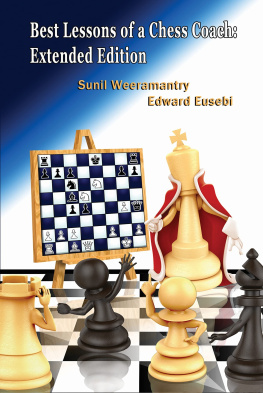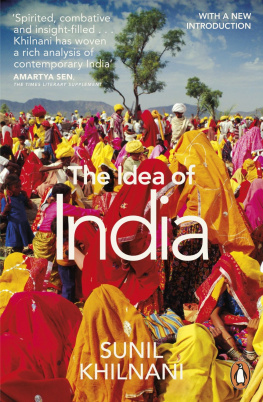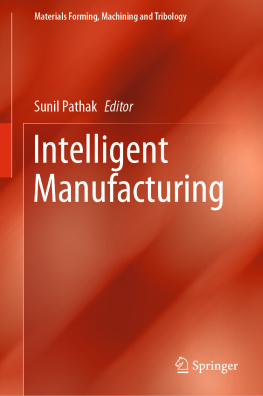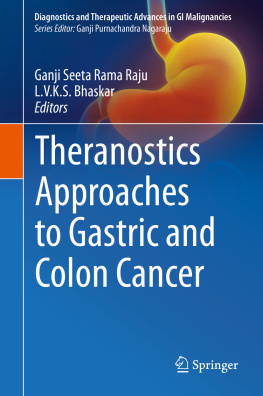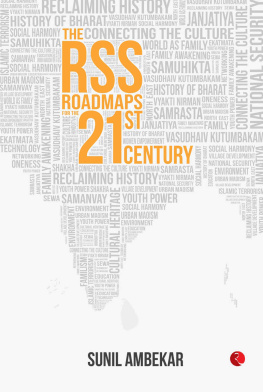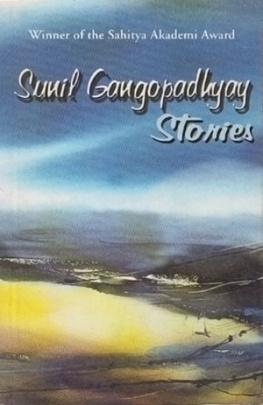Before anything, there was God,
Had there been nothing, there would have been God.
It was because I lived that I died,
Had I never lived, what would have been?
GHALIB
I still do not know whether it was divine providence or sheer misfortune to have been born a refugee. I was born a few years after the partition of India and the following chaos in which upwards of one million Hindus, Sikhs, and Muslims killed one another. My parents and their extended clan survived at the expense of being uprooted, chased out of their ancestral lands, and hated for being Hindus in West Punjab, and therefore part of a religious minority. On the other side of the border, in East Punjab, the Muslim minority received the same treatment from the Hindus and the Sikhs.
The peace that followed brought its own madness. Frenzied fanatics and gross profiteers exploiting religious division killed dozens of my family members. The rest of us were scattered across India. My fathers family was left close to penniless, my mothers only slightly better off. Some of us never saw one another again; some reunited only accidentally, decades later.
This is the world into which I and my brother, Kaushalaffectionately nicknamed Rajuwere born. It was a world of bitter shame. My relatives, desperate for some semblance of their more exalted past, fought viciously with one another over property and position. Their squabbles were the background noise of our childhood. Their hopelessness made them lash out at Raju and me, and we knew abuse as well as poverty.
My brother and I faced exactly the same adversities. Raised in the same small room, we slept side by side and grew up steeped in the same history, fear, deprivations, anger, and resentments of a refugee family. But we made very different decisions thereafter. Raju and I have lived very different lives.
I turned inward as I grew up. I read. I became interested in poetry, music, and metaphysics. I found solace in study. I sought out mysticism and idealism before finding myself (perhaps paradoxically) in a laboratory, working as a research biologist. Then I transformed my life once more: I became a police officer on the streets of Los Angeles. And I wrote.
Raju also underwent transformation. His life took him into Pakistani terror camps, to Canada with Khalistani terrorists, to France, and then to prison. He destroyed many lives, including that of a woman he somehow enticed to marry him while on the run from the police, and a son, who died of cancer while Raju was in prison for murder.
The subject of this book is the possibility of a life full of compassion and meaning in a broken world. The challenges and dilemmas of my family will be the material of this story, but its lesson is not specific to my experiences. What I hope to convey, by pairing my life with my brothers, by juxtaposing the violence I have seen on the streets of Los Angeles with the violence I knew growing up as a refugee (and with the violence sowed by my own brother) is that events and tragedies do not define or shape our lives. I did not feel compelled to replicate the destructiveness and hopelessness of the family I grew up in, but Raju did. In between Raju and me is the world.
In June 2016, I also learned that I had terminal cancer. Suddenly the urgency to assess my and my brothers life took on a new meaning. I knew that metastatic lung cancer had the lowest survival rates of any cancer; less than 5 percent of those with this disease live five years after the diagnosis. Most die within seven months of their diagnosis. But that is statistics, not my life. This book is also an effort to confront my imminent destiny and a spiritual quest to seek meaning in our existence. It is also an examination of the tortuous paths our lives take and our reactions to events in the face of which we may feel powerless.
We may turn our eyes away from the past, but the past never leaves us. I felt it imperative to examine and assess the paths my brother and I took in lifethe decisions we made, the courses of action imposed upon us. Everything a human does is connected with his past. One who lives an examined life reflects, makes connections, and looks for the lessons learnedit is a ceaseless, sleepless quest.
November 17, 2004, Southeast Division, LAPD
S ufis say that God made the human body from clay but that the spirit refused to enter this inanimate prison. God then infused the clay structure with music and rhythm. The spirit was ecstatic and joined the body. Thus humans came into existence. As I saw blood slowly dripping from a childs body on the pavement, I wondered whether his spirit had ever heard the divine music in the many prisons of his worldwalls encircling other walls in a never-ending concentric circle. Prisons of poverty and racismcrime-ridden neighborhoods where futures looked dim and life was cheap.
It started as a pleasant sunny Southern California afternoon. Sammy and I were on our way to the Southeast Division, the dreaded South-Central Los Angelesthe South-Central notorious for its gangs, drugs, and violence; known around the world for race riots in 1965 and 1992; its streets and alleys made famous by numerous Hollywood movies, including Training Day, Colors, Boyz n the Hood...
Sammy and I were both Internal Affairs investigators. We were southbound on the Harbor Freeway in our unmarked police car when I heard our radio crackle. The three short beeps signaled an emergency, quickly followed by the operator coming on air. All Southeast units, shooting in progress, 109th and Figueroa...
Knuckleheads started shooting a bit early today; its only two P.M. Sammy was nonchalant as we exited the Harbor Freeway at Century Boulevard. Shootings were the evening rituals of violent neighborhoods, making the evening shift the busiest.
I havent been to a shooting call in two years. Because I was working as an Internal Affairs investigator and had been out of the field almost two years, I almost sounded wistful. Patrol is where the adrenaline floods the body; impossible situations, unpredictable people, speed, fun, and terror come together. I had been away too long.
In the Los Angeles Police Department, shooting calls did not cause as much excitement in the southern parts of Los Angeles as they did in the Valley. Police divisions in South Los Angeles had to deal with much more violence and many more homicides than those in the Valley part of Los Angeles. Before my IA stint, I had spent most of my time working in the Valley divisions; Sammy, on the other hand, had worked only South-Central beats.
If you could put complete opposites together in a cop car, we were it. Sammy was an Iranian Jewish immigrant. His family had escaped Khomeinis Iran and found refuge in Los Angeles. His deep love for Persian culture was matched by his equally deep suspicion of anything Arab or connected to Islam. Sammy was a dedicated cop, as loyal to the LAPD as he was to his own family. A political conservative, he also was a gun enthusiast. Sammy spoke fluent Farsi and had worked deep undercover jobs, successfully penetrating Iranian crime syndicates. And yet none of this could shield him from the ethnic jokes that other LAPD cops made at his expense. People automatically presumed that he was a Muslim. An aquiline nose on a professorial face lent Sammy a scholarly aura. He was large and out of shape, and I doubted he could sprint after a suspect to catch him. He compensated for this by his expert marksmanship and demeanor. I had a reputation of being a political liberalexactly the kind of person Sammy did not like. Where I was too careful and by the book, he was more impetuous and relied on instinct. Although we were at the opposite ends of the political spectrum, we got along well. Perhaps it was nothing more than our shared outsider status in the LAPD or our love for big dogs and nature, or maybe ideologies dont matter much in friendship.

